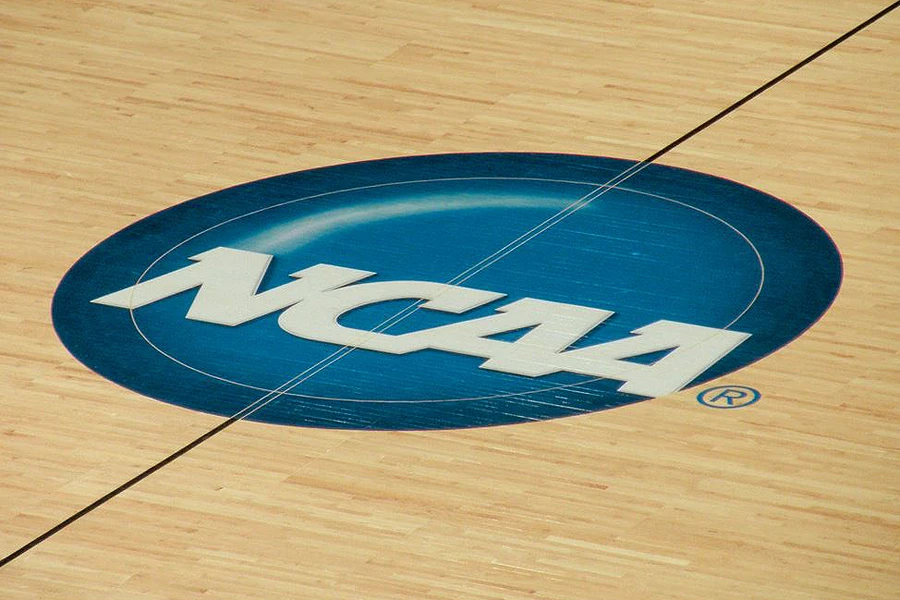Texas Attorney General Files Lawsuit Against NCAA Over Women’s Sports
Texas Attorney General Ken Paxton has launched a legal challenge against the National Collegiate Athletic Association (NCAA), claiming that allowing men to compete in women’s sports constitutes “false, deceptive, and misleading” advertising. This lawsuit emphasizes the perceived unfairness and potential safety issues that arise from such practices.
NCAA’s Policies on Transgender Athletes
The NCAA, the largest collegiate sports governing body in the United States, permits biological men who identify as transgender women to participate in women’s sports competitions, provided they lower their testosterone levels through specific suppressants. Each sport has defined maximum testosterone levels for participation, and athletes must submit documentation to verify compliance several times a year.
Allegations of Deceptive Practices
Paxton’s lawsuit argues that the NCAA is misrepresenting women’s sporting events by allowing mixed-sex competitions while marketing them as women-only events. This, according to the lawsuit, is intended to mislead consumers and violates Texas state law on deceptive trade practices. Paxton asserts that consumers generally understand "woman" to mean an adult human female and expect to see female athletes competing against one another in women’s sports.
Protecting Women’s Sports
Further highlighting the issues at stake, Paxton stated, “When people watch a women’s volleyball game, for example, they expect to see women playing against other women — not biological males pretending to be something they are not.” His lawsuit reflects a broader concern for the integrity, safety, and fairness of women’s sports, arguing that mixed-sex competition undermines the very foundation of female athletics.
NCAA’s Response
In response to the lawsuit, a spokesperson for the NCAA provided a statement emphasizing its commitment to Title IX, a federal regulation that prohibits sex discrimination in educational settings. The NCAA claims it will continue to promote women’s sports and ensure fair competition across all championships while refraining from commenting on the specifics of pending litigation.
Consumer Sentiment
The lawsuit highlights that many consumers are drawn to women’s sports with the expectation of witnessing female athletes in competition. It states, “The impact of women’s sports on the self-esteem, academic achievement, future employment, and development of women and girls is profound and enduring.” Paxton argues that allowing men to compete in women’s events is not only unfair but also presents physiological advantages that could compromise the safety of female athletes.
Broader Implications and Legal Context
Currently, about half of U.S. states have regulations that limit high school and college women’s sports to biological females, though many others allow for transgender participation. In April, President Joe Biden’s Department of Education redefined Title IX to include protections based on self-reported gender identity, although there has been pushback from various states, leading to legal challenges.
Paxton’s lawsuit seeks a court order to prevent the NCAA from permitting biological men to compete in women’s sports within Texas, emphasizing the need for clarity and fairness in women’s athletics at all levels.
This case not only raises critical questions about competition and gender fairness in sports but also reflects wider societal debates surrounding gender identity and representation in various domains. The outcome may have lasting implications for how women’s sports are defined and regulated across the country.


